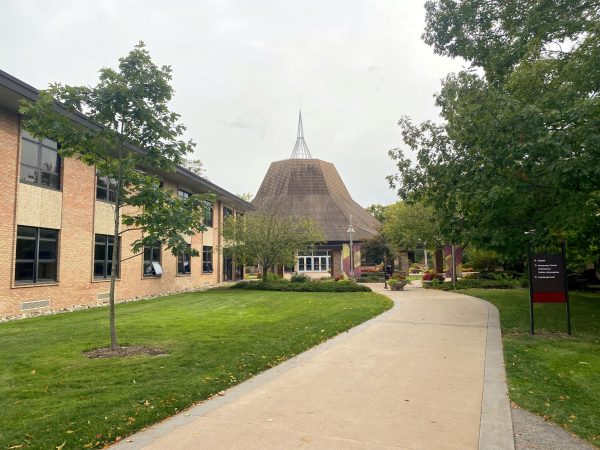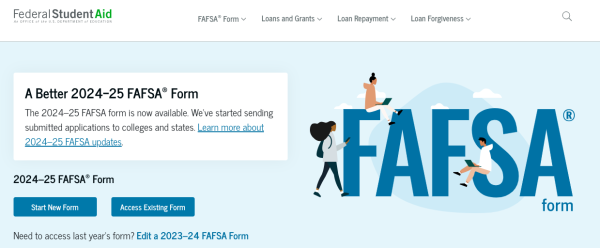Local United Methodist churches uncertain amidst possible schism
As the second largest Protestant denomination in the United States, the United Methodist Church, faces a potential schism, the future is uncertain for the 90 UMC churches in the Mid-West District of the denomination, which includes Grand Rapids. Mark Doyal, the director of communications for the Michigan Conference of the UMC, says that until the World Conference in May, it is “unclear what local churches will do.”
The UMC, following disagreements at last year’s General Conference, will consider dividing the denomination over issues of same-sex marriage and the ordination of LGBT members. Protocol legislation proposed this year will allow churches and conferences to vote to leave the UMC and will allow the formation of a new “traditionalist” denomination, which will oppose LGBT marriage and ordination. The worldwide General Conference still has to approve the proposal.
At the Michigan Annual Conference last June, “2/3rds of local churches voiced opposition to the Traditional Plan approved by the General Conference,” Doyal said. If a new denomination is formed, Doyal anticipates that some members may switch to another UMC church in the area.
There is a chance that the UMC will remain as a single denomination, despite the differences of interpretation. Doyal notes that the UMC has always been a “big tent” denomination, making room for a large range of theologies. However, Doyal thinks many people feel that “[the UMC is] at a time in the church where people think something has to happen to move forward.” David Huynh, a sophomore at Calvin who attends Vietnamese United Methodist Church in Wyoming, said that while this is a difficult topic, “I think it is necessary to make it clear what the UMC church stands for. UMC churches cannot both support LGBT and disagree with it at the same time.”
Grace Swanson, a member of the LGBT community who grew up in the splitting denomination, said, “I have felt welcomed in individual congregations… [but] it’s sad to see the denomination split over something like this.” She added, “There needs to be more efforts and room created for LGBT people.”
According to Doyal, “The harm that LGBTQ persons have felt within our church” is one of the concerns facing the UMC. “The church has acknowledged the harm, pain and suffering [of its LGBT members],” he said.
While the potential schism has captivated the attention of many members of the UMC community, some churches have avoided the topic. Huynh said he hasn’t heard his church talk about the potential split, and “part of it is because LGBT is not an official thing in Vietnamese culture.”
University Pastor Mary Hulst said, addressing Calvin students impacted by the potential schism, “It is really hard to watch a church you love go through separation… Remember this, though, God loves you and God loves the church of Jesus Christ.”
No matter what happens at the conference in May, Doyal is hopeful that the UMC will remain a “connectional church,” which is the UMC idea “that all leaders and congregations are connected in a network of loyalties and commitments that support, yet supersede, local concerns.”
“I don’t think that will change regardless of the form the church takes in the future,” Doyal said.
The UMC isn’t the only Protestant denomination facing questions regarding LGBT-related issues. The Christian Reformed Church report on human sexuality, the “Christian Reformed Committee to Articulate a Foundation-Laying Biblical Theology of Human Sexuality,” will be discussed at The Synod of the CRCNA in June. According to Hulst, “How the church receives and responds to this report will reveal what the future may look like.”








